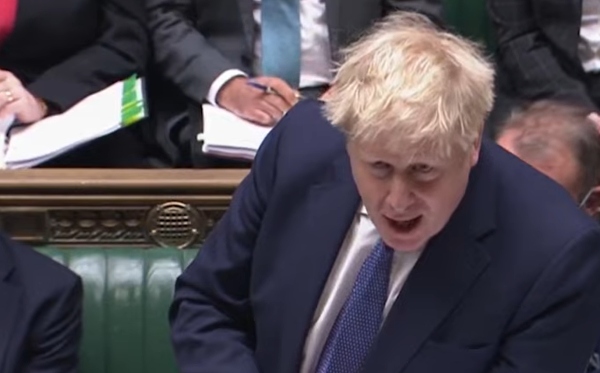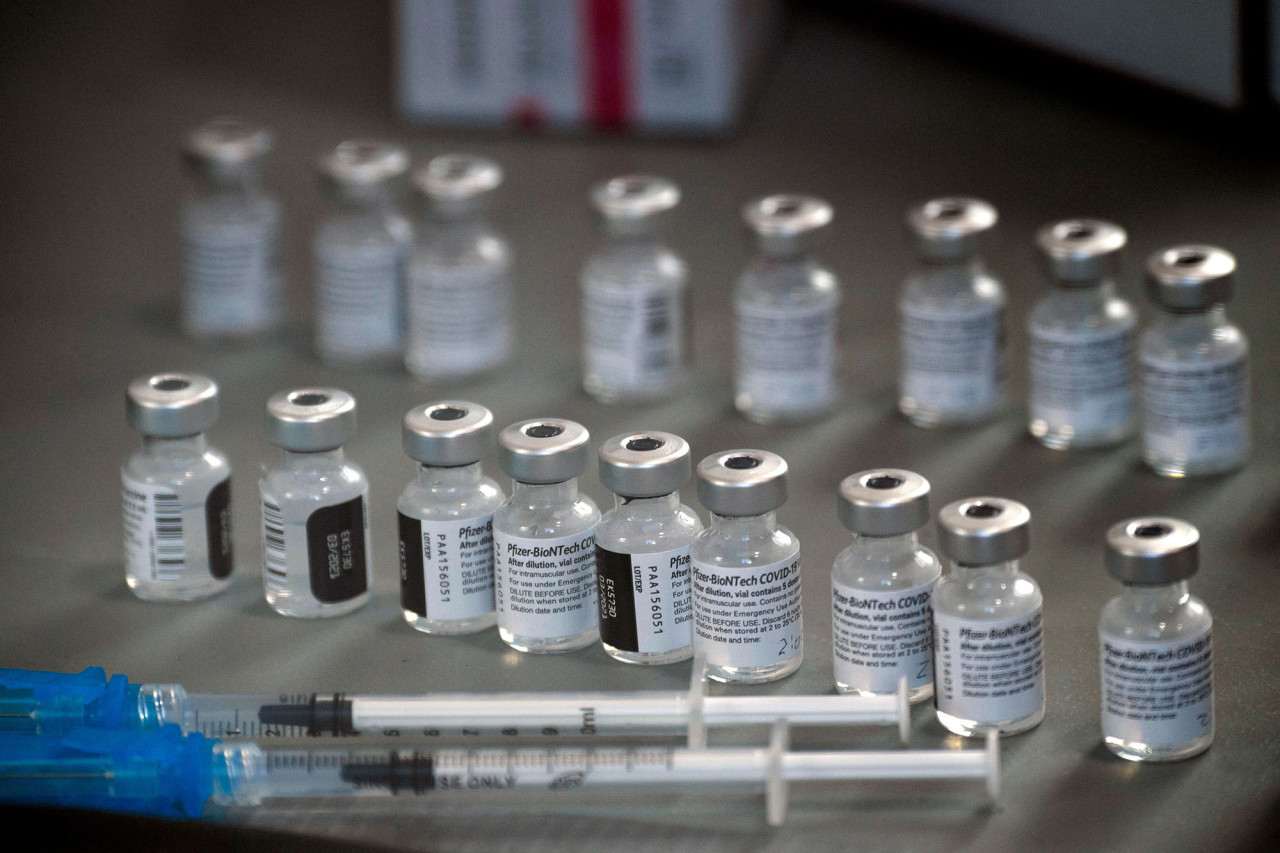Canadian cities, US state seek to legalize drug use as overdose rates climb
12/22/2021 / By Mary Villareal

The cities of Toronto and Vancouver in Canada, as well as the state of Oregon in the United States, are seeking to make it legal to carry small amounts of heroin, fentanyl and other drugs for personal use.
Toronto’s board of health said that it will seek permission from the federal government to allow drug users to carry small amounts of drugs like heroin, cocaine and fentanyl for personal use, without fear of prosecution. This exemption will not cover drug trafficking, which would remain a criminal offense.
City officials are hoping that by decriminalizing personal use of drugs, people can get help easier. They also said that it could make it easier for drug users to get jobs and stable housing as they will no longer be under threat of holding criminal records.
These efforts follow those of Vancouver, which filed for similar exemptions in May, as well as those of the province of British Columbia, which filed its own application for decriminalization in November.
In the United States, the state of Oregon approved a plan to decriminalize drug possessions, while New York City became the first American city to open supervised opioid injection sites.
Handling overdoses in an overwhelming drug epidemic
These new policies and proposals come as officials are seeking ways to effectively handle the overdose epidemic that swept across North America. Drug users are dying in record numbers and increasingly toxic drug supplies have been overwhelming the black market.
Dr. Eileen de Villa, the medical officer for Toronto, said during a presentation to the city’s health board that the current approaches to drug policies and regulations are not working.

In the U.S., provisional data from the Centers for Disease Control and Prevention showed that over 100,000 people are estimated to have died from drug overdoses in the 12 months ending April 30. This is the first time that deaths have reached six figures.
Studies showed that drug arrests and convictions have dropped in Oregon since February. Property crimes, which were often related to drug use, have also fallen. When Oregonians passed Measure 110 that made possession of small amounts of drugs punishable by a civil citation, it became a major victory for advocates pushing a systemic change in U.S. drug policies. For years, Oregon ranked near the top of states with the highest rates of drug and alcohol addiction, and it has now taken a leap toward radically changing the systems.
While New York is yet to decriminalize possession of drugs, users can now go to two locations in Upper Manhattan to use drugs under supervision so that they can be treated if they overdose. These facilities have also been available in Vancouver since 2003 and Toronto since 2017. (Related: NYC opens heroin injection sites for drug addicts.)
In Toronto, 531 people died from opioid overdoses in 2020 – the most such deaths in the city in a single year. This number represented an 81 percent increase from 2019. As of June 2021, 282 people have died, setting a pace for another record-breaking number of deaths due to drug use.
Toronto officials expect to file an application with the federal health department by the end of the year, and city officials are expected to create a detailed plan for how the decriminalization can work – including specifying the amount of drugs people can legally carry and consume for personal use, and which services can be made available to help users.
Toronto Medical Officer of Health: Criminalizing drugs is expensive
Criminalizing drug use is expensive, according to de Villa. The returns don’t justify the cost either. In the Canadian province of Ontario, for instance, local governments spent 3.7 billion Canadian dollars ($2.87 billion) in 2017 to enforce drug laws, only for overdose deaths to continue increasing.
Joe Cressy, a city councilor in Toronto and chair of the city board of health, said that clinical evidence supports the idea of drug use as a health issue, not a criminal act.
While the timeline for approval from the Canadian federal government is unclear. Cressy said that he had been encouraged by Prime Minister Justin Trudeau, who named a new minister of mental health just last October. Cressy said that the step suggested how serious the federal government is about the issue.
Decriminalization will allow people suffering from addiction to get easier access to health services. Cressy noted that simply removing criminal penalties won’t stop the overdoses, so there is a call for more funding for addiction treatment and overdose prevention services. “The trick is to have a system with supports in place,” he noted.
Read more articles about drugs and addiction more on Addiction.news.
Sources include:
Tagged Under: addiction, big government, Canada, cocaine, decriminalization, drug abuse, drug addiction, Fentanyl, Heroin, insanity, opioid crisis, Opioids, Oregon




















